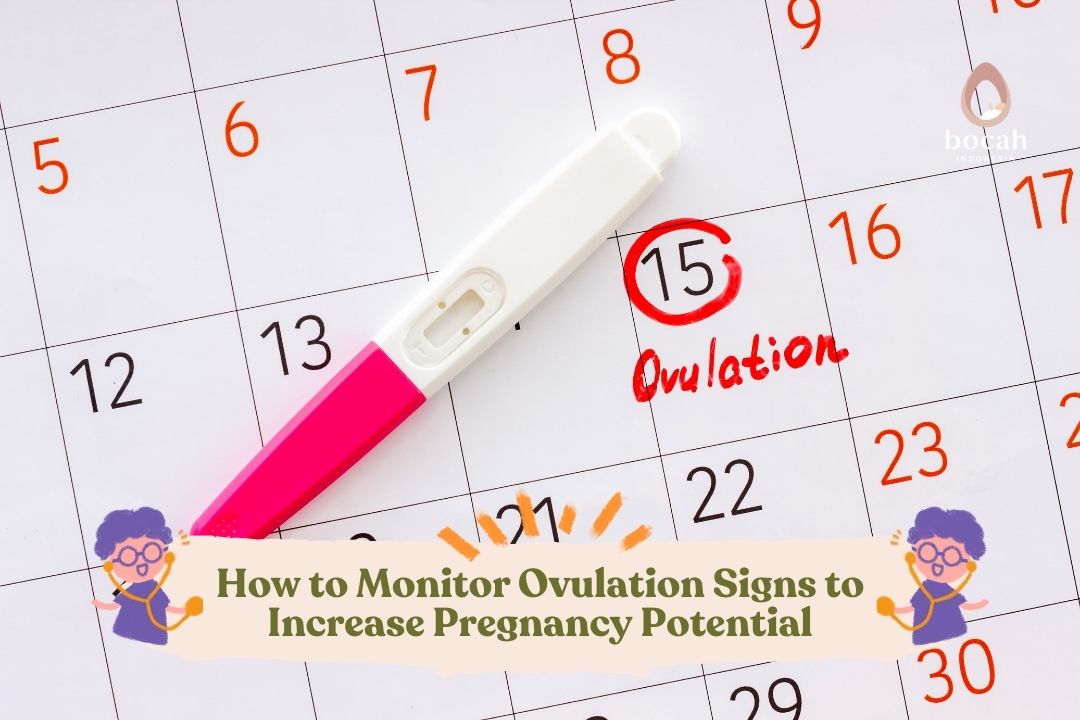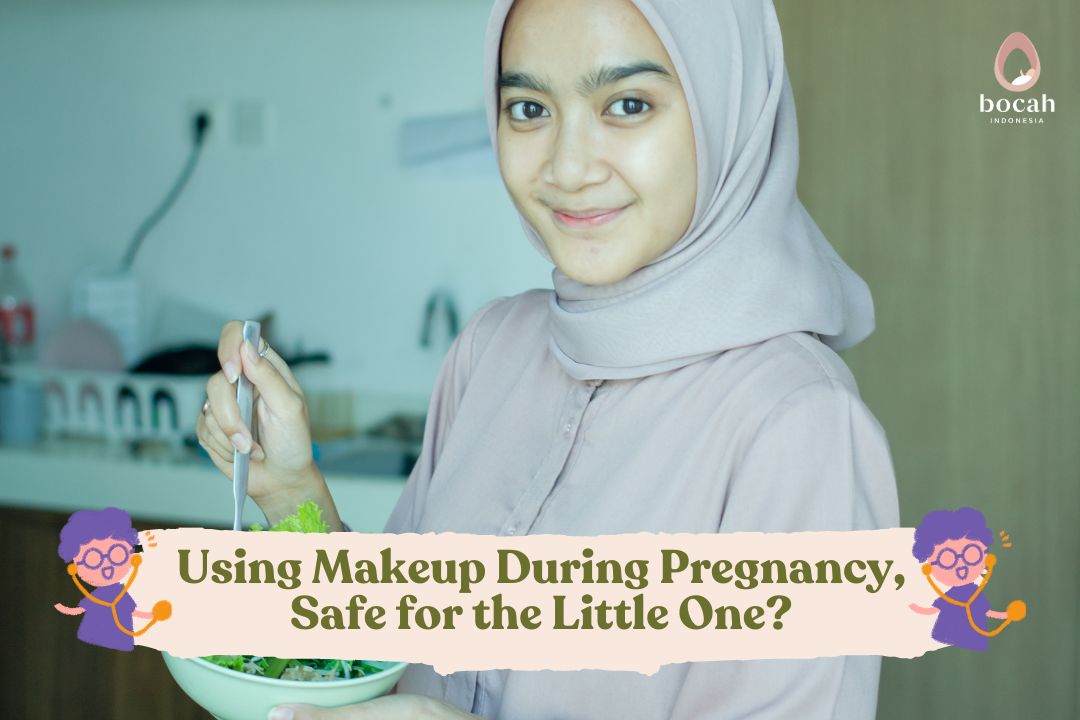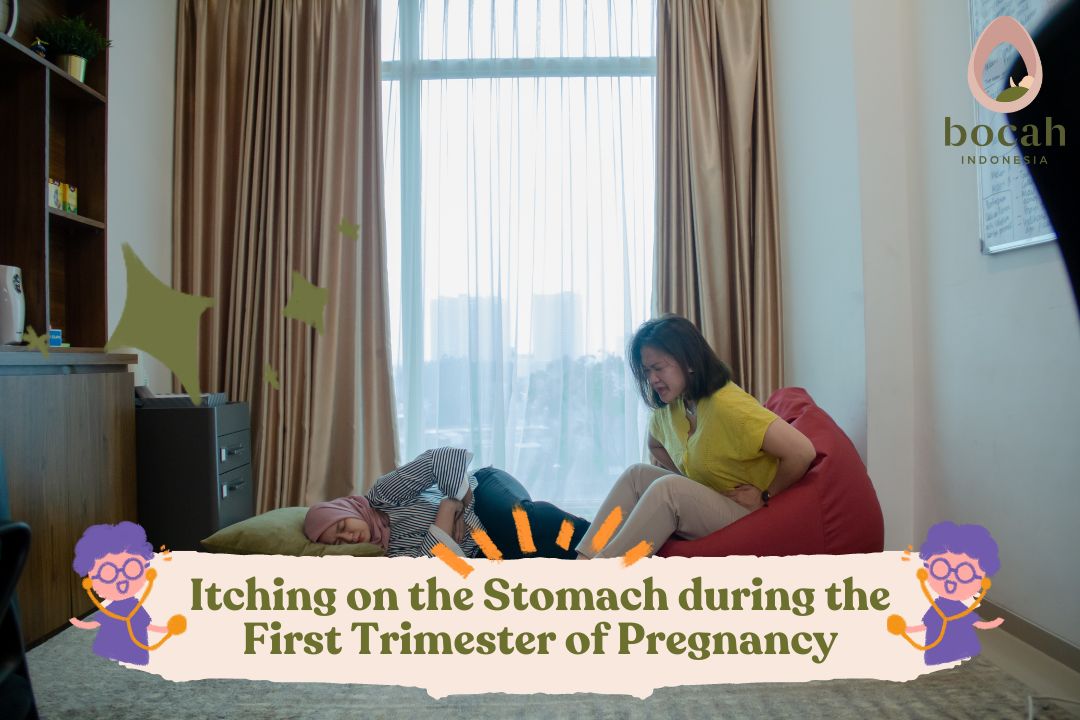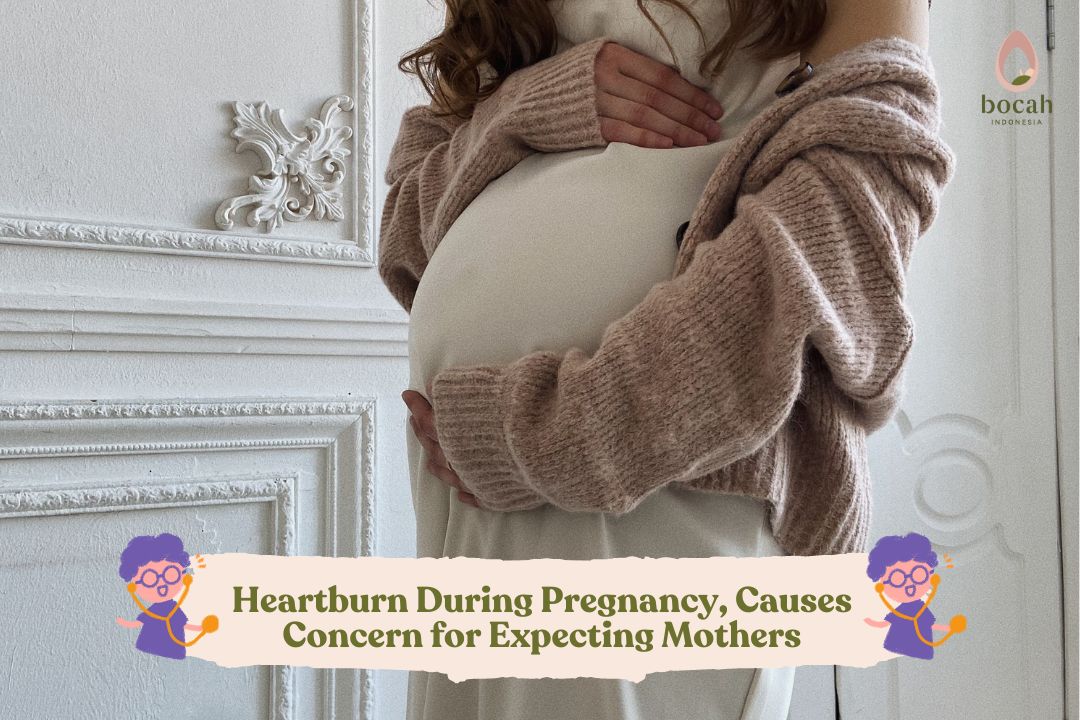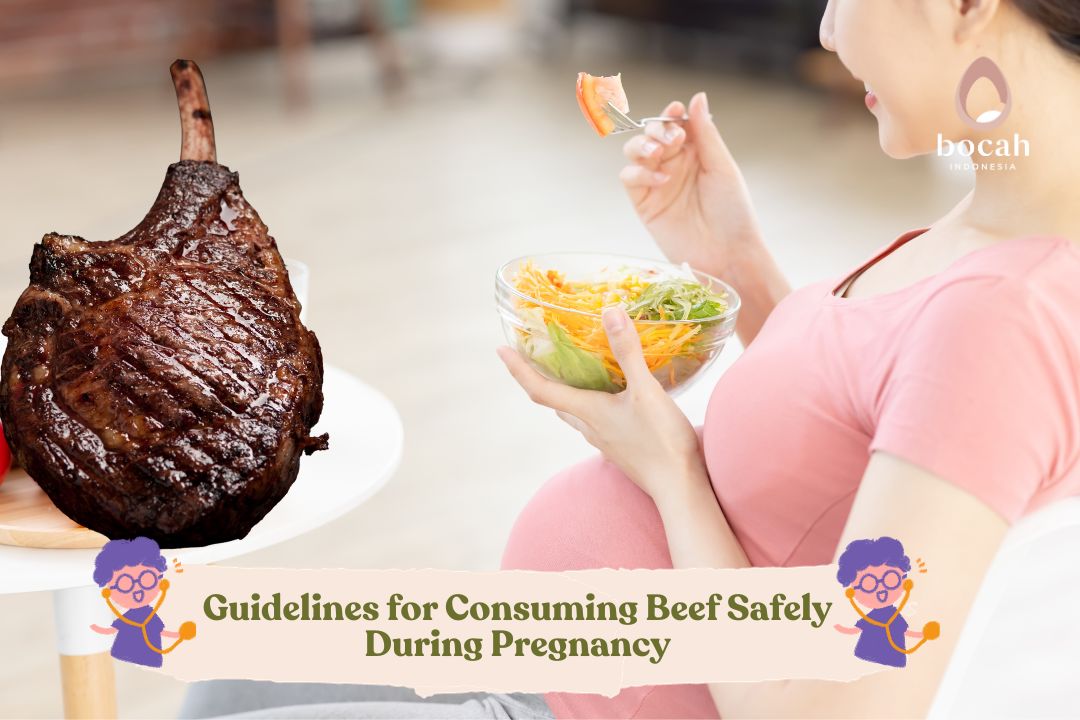How to Increase Hemoglobin (Hb) During Pregnancy
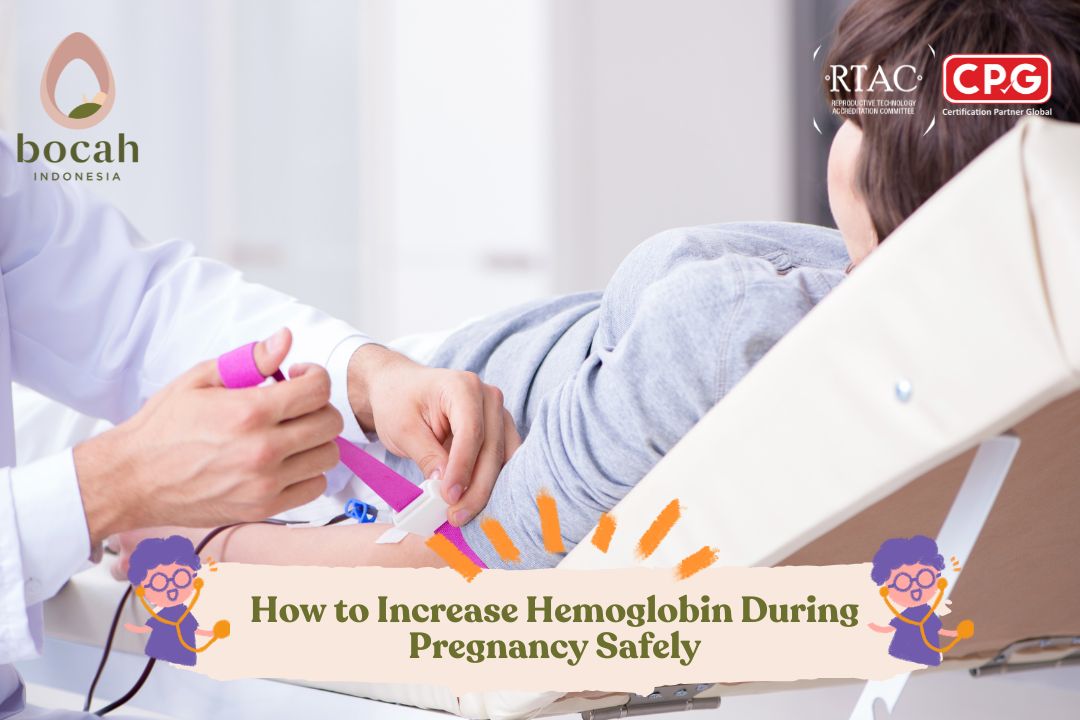
Pregnant women are at risk of experiencing a decrease in hemoglobin (Hb) levels during pregnancy. Learn how to safely increase hemoglobin levels during pregnancy in this article.
Why Hemoglobin Levels Decrease During Pregnancy
During pregnancy, women are prone to anemia or low hemoglobin (Hb) levels. This occurs due to an increase in plasma volume, where the body requires more blood to support fetal development while sometimes struggling to produce enough red blood cells to meet these demands.
Low hemoglobin levels may lead to various symptoms such as fatigue, dizziness, and shortness of breath, which can interfere with daily activities during pregnancy. However, this condition is relatively common and can be managed with proper care.
Causes of Low Hemoglobin During Pregnancy
Before pregnancy, a woman’s normal hemoglobin level typically ranges from 12 to 15 g/dL. During pregnancy, Hb levels may drop due to the increase in plasma volume, which results in a dilutional decrease of red blood cells.
An Hb level of 10.5 g/dL is still considered normal during pregnancy, provided there are no accompanying symptoms of anemia. This mild decrease usually doesn’t require special treatment if no symptoms like extreme fatigue, dizziness, or breathlessness are present.
Mulai Journey of Hope
However, Hb levels are considered low (anemic) if they fall below:
-
11 g/dL during the first and second trimesters
-
10.5 g/dL during the third trimester
Several factors may contribute to low hemoglobin levels during pregnancy, including:
-
Inadequate intake of iron, folate, or vitamin B12
-
Multiple pregnancies (twins, triplets, etc.)
-
Pre-existing anemia before pregnancy
-
Short interval between pregnancies
-
Teenage pregnancy
-
Frequent vomiting due to morning sickness
-
Significant blood loss
Potential Risks of Low Hemoglobin During Pregnancy
Low hemoglobin levels may pose health risks for both mother and baby. Hemoglobin carries oxygen throughout the body, including to the fetus.
Risks for the Mother
With insufficient Hb, pregnant women may experience fatigue and decreased stamina due to reduced oxygen delivery to muscles and tissues. Anemia can weaken the immune system, increasing susceptibility to infections. Low Hb levels may also increase the risk of excessive bleeding during delivery.
Risks for the Baby
Untreated anemia can lead to premature birth, where the baby is born before full term and may face multiple health challenges. Oxygen deficiency may impair fetal growth, resulting in low birth weight. In severe cases, prolonged anemia can lead to developmental issues and even fetal or neonatal death.
Safe and Effective Ways to Increase Hemoglobin During Pregnancy
If you are diagnosed with low hemoglobin during pregnancy, several safe and effective steps can be taken to improve Hb levels:
Consuming Iron-Rich Foods
Boosting your intake of iron, folate, and vitamin B12 is essential to support the production of healthy red blood cells.
-
Iron: Eat iron-rich foods such as red meat, poultry, fish, spinach, broccoli, legumes, and whole grains. Iron needs increase during the second and third trimesters, with recommended intake ranging from 27 to 40 mg per day.
-
Folate: Include folate-rich foods such as leafy greens, legumes, citrus fruits, and beets to aid red blood cell production. Folate also plays a critical role in fetal brain and spinal cord development.
-
Vitamin B12: Consume foods high in vitamin B12 like eggs, dairy products, meat, and legumes, which help regenerate aging red blood cells and support new cell production.
Taking Iron and Folate Supplements
Iron and folate supplementation is often necessary to maintain optimal maternal and fetal health. However, appropriate dosages should always be prescribed by a healthcare provider based on individual needs. In more severe cases of anemia, higher doses may be recommended to ensure adequate nutrient supply for both mother and fetus.
Maintaining a Balanced Diet
Adopt a well-balanced diet rich in nutrients that support overall pregnancy health. In addition to iron, folate, and vitamin B12, vitamin C plays an important role in enhancing iron absorption. Include vitamin C-rich foods like oranges, kiwis, and tomatoes in your daily meals.
Avoiding Iron Absorption Inhibitors
Certain foods and beverages can inhibit iron absorption, such as coffee, tea, and calcium-rich foods. It’s best to avoid these around mealtimes when consuming iron-rich foods.
Regular Check-Ups and Medical Consultation
Routine blood tests, as recommended by your doctor, are essential to monitor hemoglobin levels during pregnancy. If Hb levels remain low despite proper nutrition, your healthcare provider may prescribe additional supplements or further medical interventions as needed.
By following these steps, you can help address low hemoglobin levels and maintain a healthy pregnancy. Always consult your healthcare provider for personalized care and guidance.
Source:
- Milman N. T. (2020). Dietary Iron Intake in Pregnant Women in Europe: A Review of 24 Studies from 14 Countries in the Period 1991-2014. Journal of Nutrition and Metabolism. Doi: 10.1155/2020/7102190.
- Martin, L.J. National Institute of Health (2019). U.S. National Library of Medicine Medline Plus. Hemoglobin.
- World Health Organization. Health Topics. Anaemia.
- The Johns Hopkins University. Johns Hopkins Medicine. Folate-Deficiency Anemia.
- Mayo Clinic (2019). Healthy Lifestyle Iron Deficiency Anemia During Pregnancy: Prevention Tips.
- American Pregnancy Association. Anemia During Pregnancy.
- American Pregnancy. Roles of Vitamin B in Pregnancy.
- Link, R. Healthline (2020). 15 Healthy Foods That Are High in Folate (Folic Acid).
- McDermott, A. Healthline (2019). Folic Acid and Pregnancy: How Much Do You Need?
- Uscher, J. WebMD (2020). Anemia in Pregnancy.


